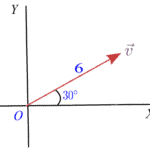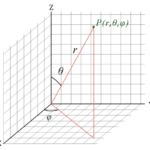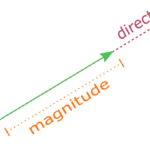Is density scalar or vector? To answer this question, you have to know about vector and scalar quantities. Apart from that, we have to be clear about which density we are talking about is it charge density, mass density, current density, etc.
In this article, we will answer the question about mass density, whether it is a scalar or a vector quantity. To begin with, remember that vector quantities require magnitude and direction to be specified. Scalar quantities, on the other hand, require only a simple magnitude to be specified.
TLDR; Mass density is a scalar quantity.
What is density?
The physical quantity density of a material is defined as its mass per unit volume. It quantifies how much “stuff” an object holds in a unit volume (cubic meter or cubic centimetre). Density is a measurement of how closely matter is packed together.
Mathematically,
$Density=\frac{mass}{volume} $
Density is measured in kilograms per cubic meter (kg/m3). It is also commonly denoted in the CGS unit of grams per cubic centimetre (g/cm3).
Density Scalar or Vector
Consider this simple sentence: “The density of this block is 12 g/ml to the right.” Where ’12 g/ml’ is the magnitude and the phrase ‘to the right” is the direction.
This statement doesn’t make sense. There is no need to define the direction when we are talking about density. The density of a block will be the same all the way through it.
Vectors require magnitude and direction, and they must follow the triangle law of addition. We do not need the triangle law of vector addition to add densities.
Another point to consider is that neither mass nor distance is a vector. Density is defined as mass divided by volume. Volume is defined as length multiplied by width multiplied by height. Whereas length, width, and height are all scalars.
Density is a scalar measurement since it is a derived measurement and it is derived from all scalar measurements.
So.
Density is a scalar quantity with a simple magnitude and no direction information.





